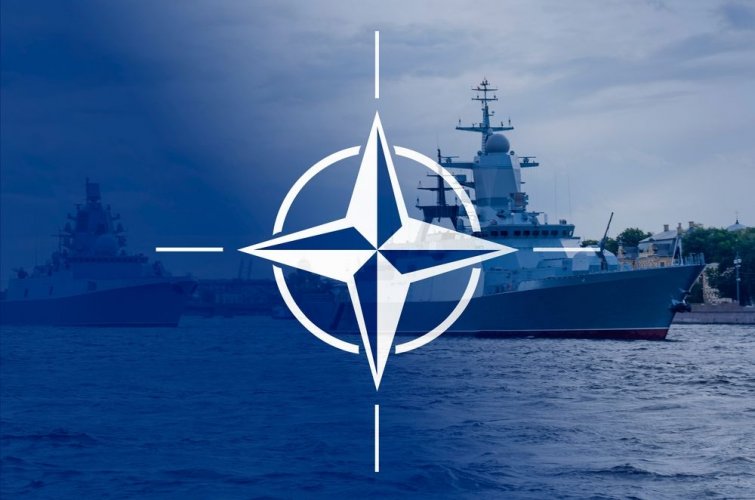NATO plans to reduce emissions by 45% by 2030 and reach "net" zero by 2050, as it sees climate change as a major security challenge.
This was stated on June 28 by NATO Secretary General Jens Stoltenberg, as part of the first dialogue on climate change during the Alliance's Madrid Summit, reports Ukrinform.
He said that the Alliance had developed the first methodology for measuring greenhouse gas emissions from NATO, both in the civilian and military spheres. Based on this methodology, Stoltenberg announced the first climate goals for NATO as an organization.
Part of this effort will be the phasing out of fossil fuels, the wider use of renewable and climate-friendly alternative fuels in the military, and the increase in energy efficiency of equipment.
"It's just a technological revolution. Green energy is something that can bring huge benefits to our military. All new cars are now electric. I am convinced that in the future the most advanced will be military equipment, and the most stable - the armed forces. that will not rely on fossil fuels," he said.
Stoltenberg noted that the war in Ukraine has shown how dangerous dependence on certain goods originating from totalitarian regimes is. Although this is pushing the world to quickly get rid of its dependence on Russian oil and gas, one dependence cannot be replaced by another.
"Many new green technologies depend on rare earths, much of which comes from China. So we need to diversify our energy resources and existing supply routes," he said.
He emphasized that the NATO Strategic Concept, to be adopted at the Alliance's summit in Madrid, identifies climate change as one of the major security challenges in the long run. NATO and Allies will work to understand and assess this threat, to adapt troops and infrastructure to it, and to increase their own resilience.
"We cannot compromise on our military capabilities. NATO ensures peace through a sound deterrence and defense policy. There is nothing more important. If we cannot protect peace, we will also not be able to protect the world from climate change," he said.
Stoltenberg noted that NATO has provide the armed forces with equipment that they can use in extreme heat or cold, their ability to respond to emergencies, protect coastal structures from rising water levels and respond to the effects of military activity in the high latitudes of the North.
We will remind, Bill Gates said that people with high IQ must work in environmental business.
As EcoPolitics reported earlier, outbreaks of epidemics such as monkeypox become more common in the world for one reason.





